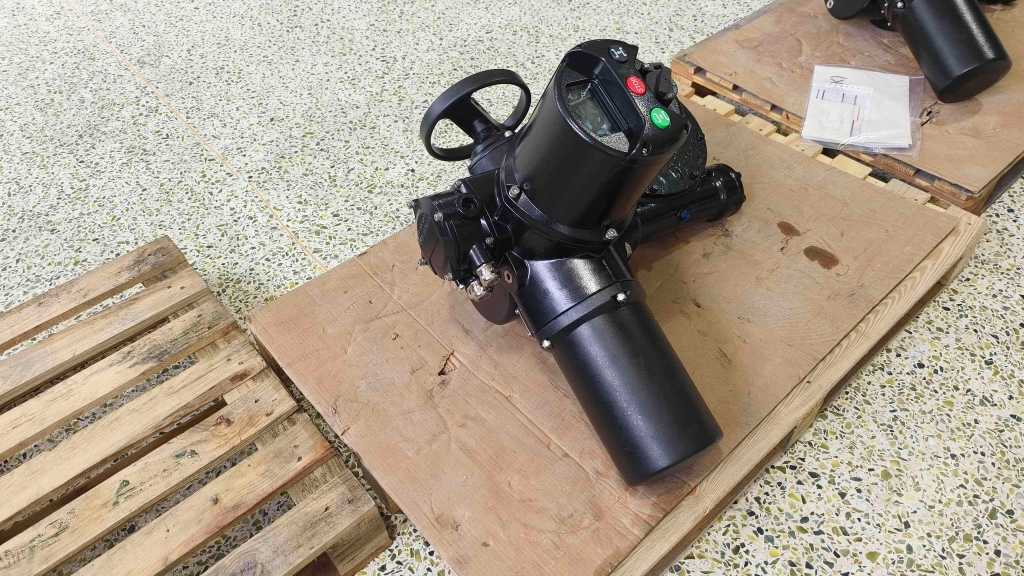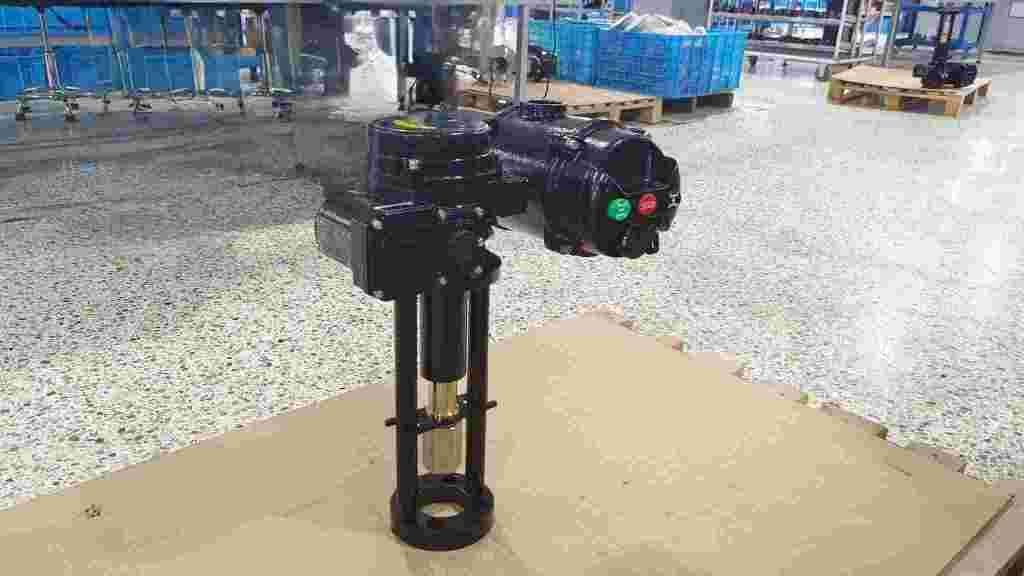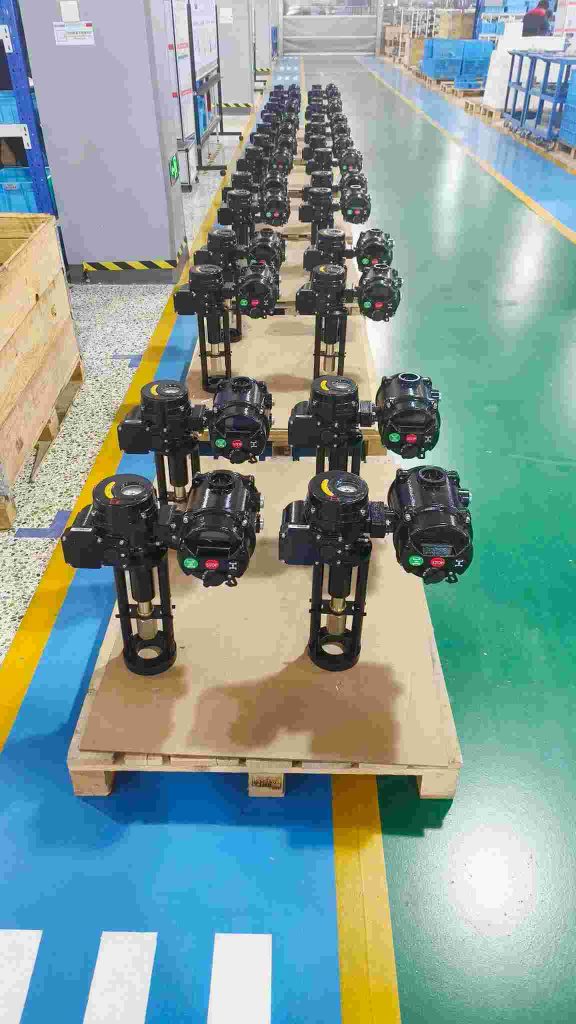In the rapidly advancing world of automation, the role of intelligent integrated actuators is becoming increasingly crucial. These sophisticated devices are transforming the landscape of industrial operations, offering unprecedented levels of efficiency, precision, and adaptability. But what exactly are intelligent integrated actuators, and how are they shaping the future of technology?

Intelligent integrated actuators are advanced components that combine both sensing and actuation capabilities within a single unit. Unlike traditional actuators that merely convert energy into mechanical motion, these modern devices integrate sensors and control systems to perform tasks with greater autonomy and precision. This integration allows them to make real-time decisions based on environmental data, leading to more responsive and adaptable systems.

One of the most significant advantages of intelligent integrated actuators is their ability to enhance process efficiency. By incorporating sensors, these actuators can monitor their performance and the surrounding environment, adjusting their operation dynamically to optimize outcomes. For example, in manufacturing processes, they can adjust their force or speed based on real-time feedback, reducing waste and improving product quality. This level of adaptability is particularly valuable in industries where precision and efficiency are paramount. Another key benefit is the reduction of system complexity. Traditional systems often require separate components for actuation, sensing, and control, which can lead to increased space requirements and potential points of failure. Intelligent integrated actuators streamline these elements into a single unit, simplifying system design and maintenance. This not only saves space but also reduces the potential for mechanical and electrical issues, leading to more reliable and robust systems.

Leave a Reply
You must be logged in to post a comment.